
Svalbard – A society in process and paradox
Svalbard is facing changes on multiple scales. An ethnological study analyzing this process, and the issues that come with it, has just been published.

Svalbard is facing changes on multiple scales. An ethnological study analyzing this process, and the issues that come with it, has just been published.
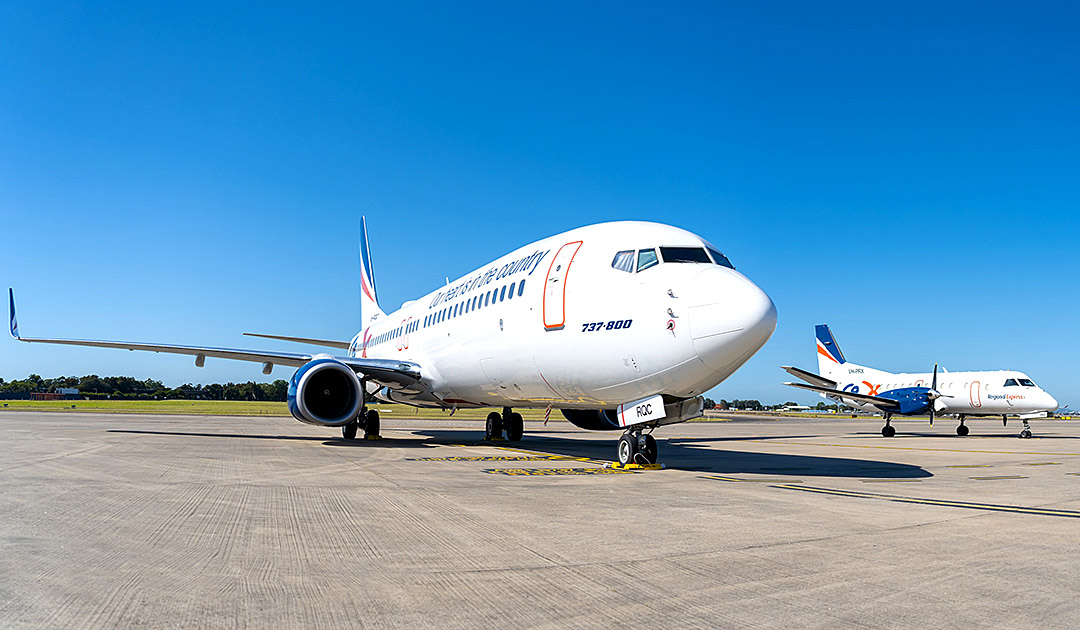
Australian airline operator Rex Airlines gets ambitious and plans to become the next flight operator for the Australian Antarctic Division as stated in an press release.
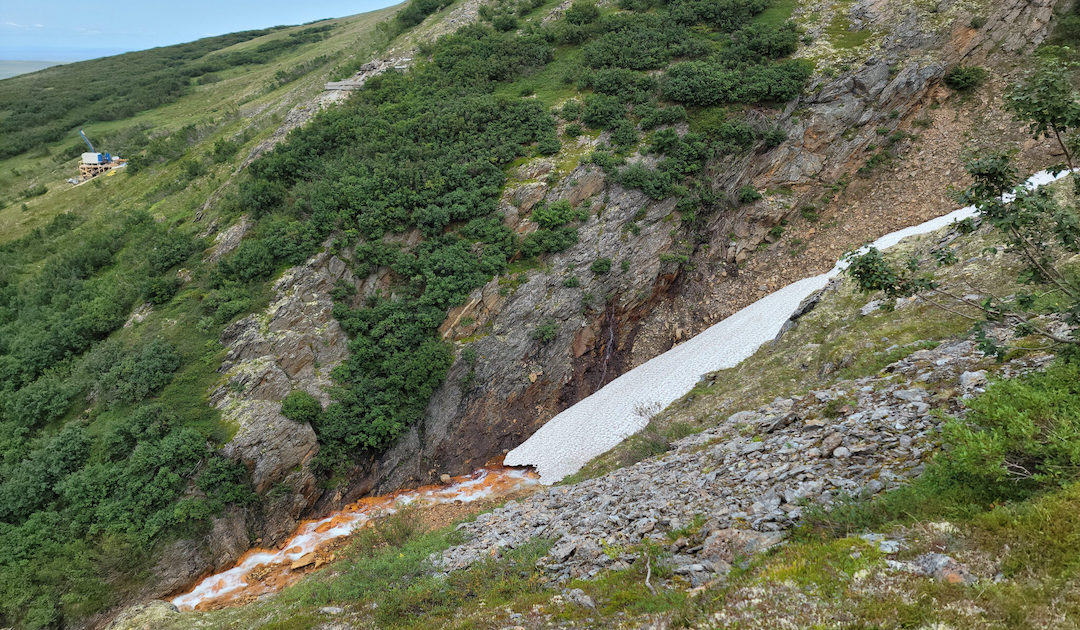
The U.S. Department of Defense has awarded a $37.5 million grant to boost an Alaska mine project that would produce a mineral deemed critical to electronics and batteries: graphite.

Arctic Umiaq Line, a Greenlandic passenger shipping company and Hurtigruten plan to work together to promote growth and opportunities in the Greenlandic tourism industry.

Alaska’s distinct — and endangered — beluga whale population faces numerous threats to its recovery. A lack of public support is not one of them

A burst oil pipeline in the Yuzhno-Oshskoye field caused up to 1,000 cubic meters of oil to spill into the Kolva River. The cleanup operation is proving to be challenging.

Navigation through the Arctic sea ice is changing as the climate and sea warm up, and new commercial opportunities are disrupting the global economic balance.
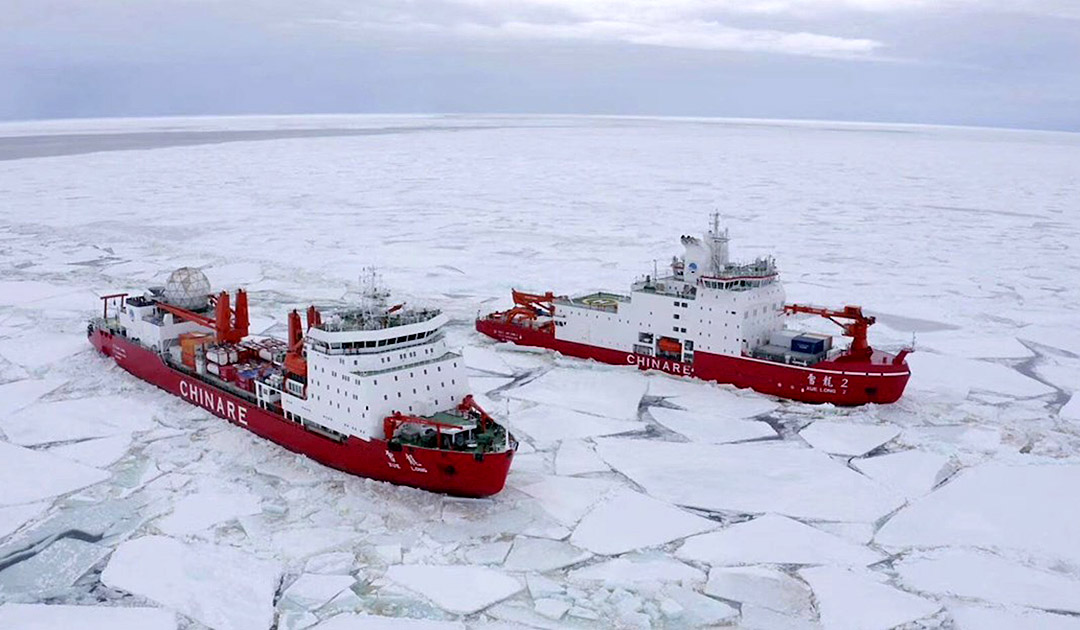
China’s ambitions in the polar regions get another boost with the construction start of its third polar-going vessel, which will also carry deep-sea submersibles

After losing two-thirds of its population since the 1980s, the town of Tiksi is counting on the emergence of the Northern Sea Route as profitable shipping lane for Moscow as it looks to reinvigorate a local shipping industry

Novatek has turned to a Chinese supplier of turbines for gas liquefaction to replace their US-based supplier who broke off ties last year

The cruise industry is booming, and trips to Antarctica are particularly popular. The port of Ushuaia is betting that a major expansion will give it an edge as it seeks to expand its market lead

For Greenland’s air traffic, this year’s summer is off to a hot start with threats of strikes and problems with construction at one of its new international gateways

The lightest element appears to have a big future in the region’s heavy industry
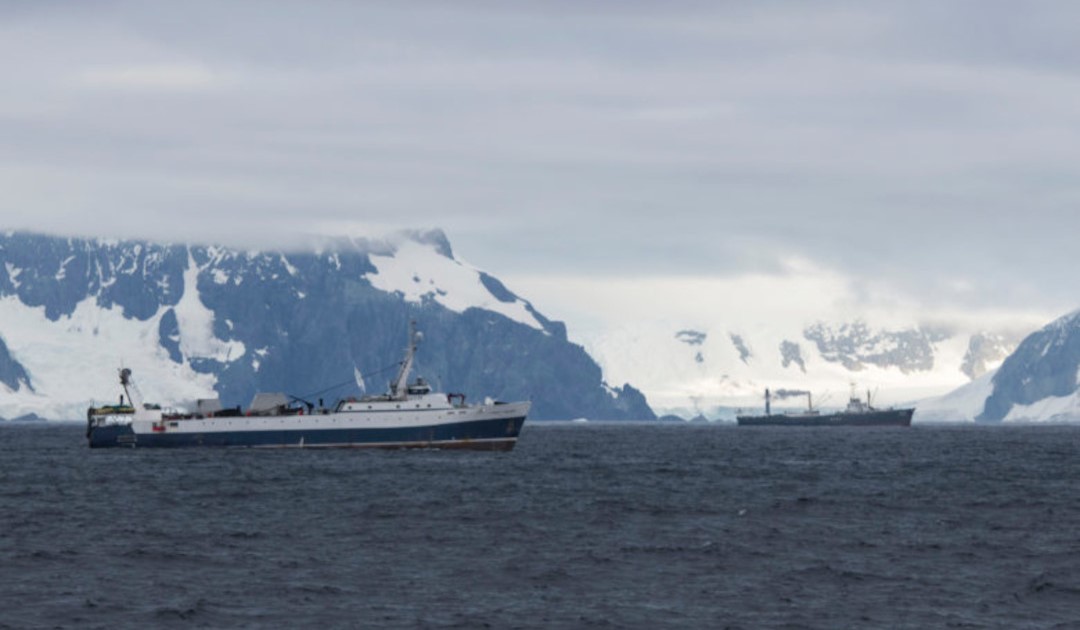
The trawlers that go after krill are keeping their catch under the precautionary threshold, and helping scientists learn more about an important marine resource
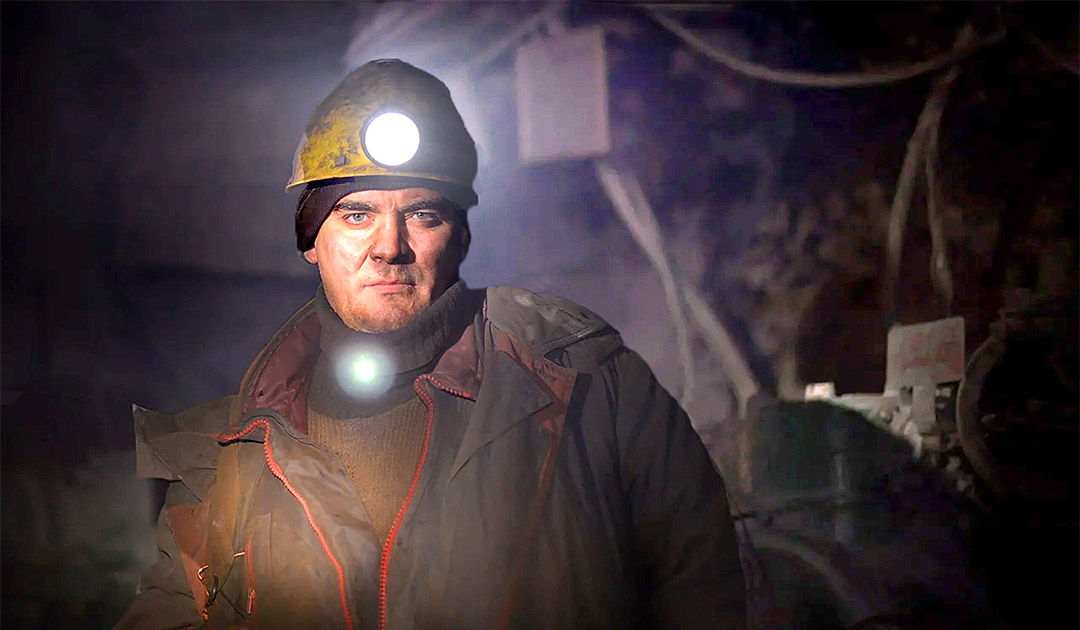
The Kremlin says it plans reduce coal production to the minimum required to keep Svalbard supplied by 2032, cutting away two-thirds of its annual output

Canada’s Inuit will play a key role in a federal project looking into ways to reduce the impact of shipping in the Canadian Arctic
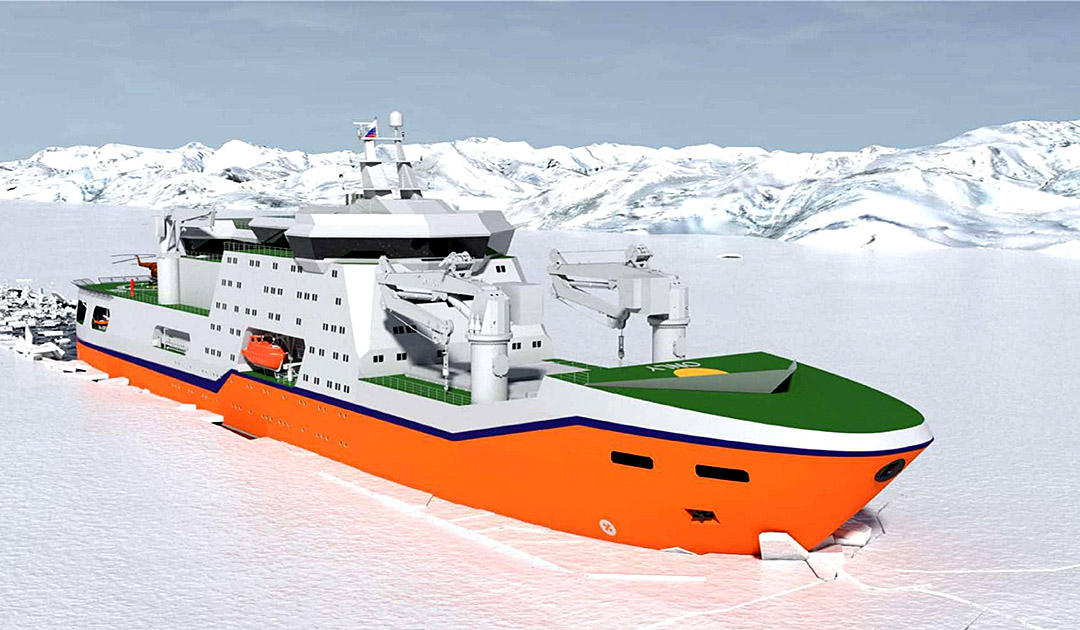
The ship will be named after Ivan Frolov, a renowned polar explorer. It is being built in St Petersburg at the Admiralty Shipyard and is scheduled to enter service in 2028

Dutch wind turbine manufacturer EWT and Antarctica New Zealand are looking to install three 1MW turbines with 40-meter hub heights on Ross Island
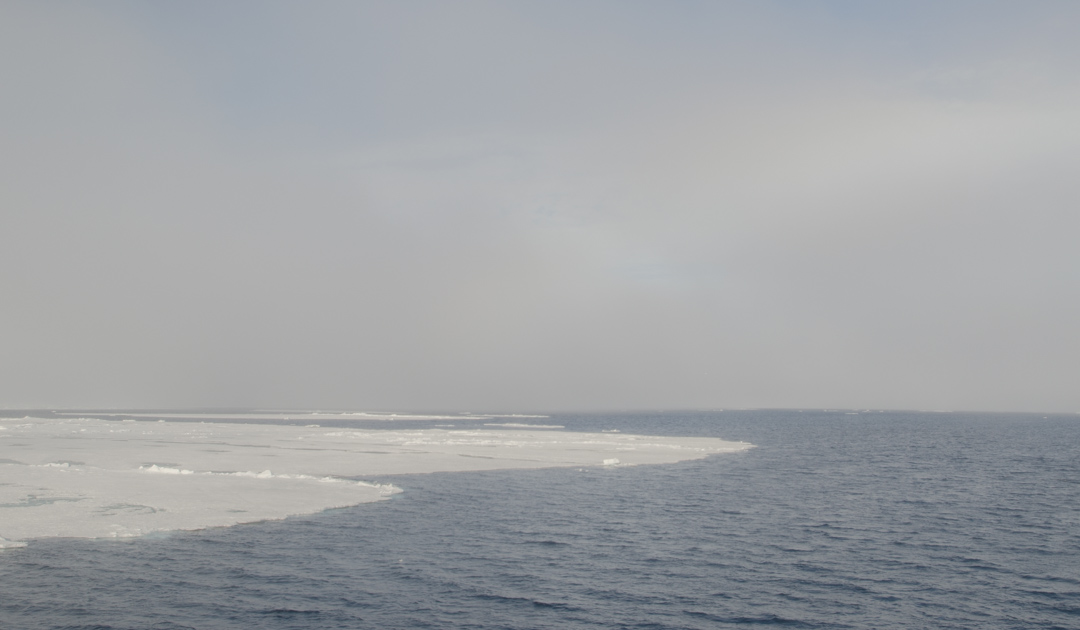
Ships are saving time and money by sailing though the Arctic, but increasingly frequent fog due to sea-ice loss is slowing its progress.
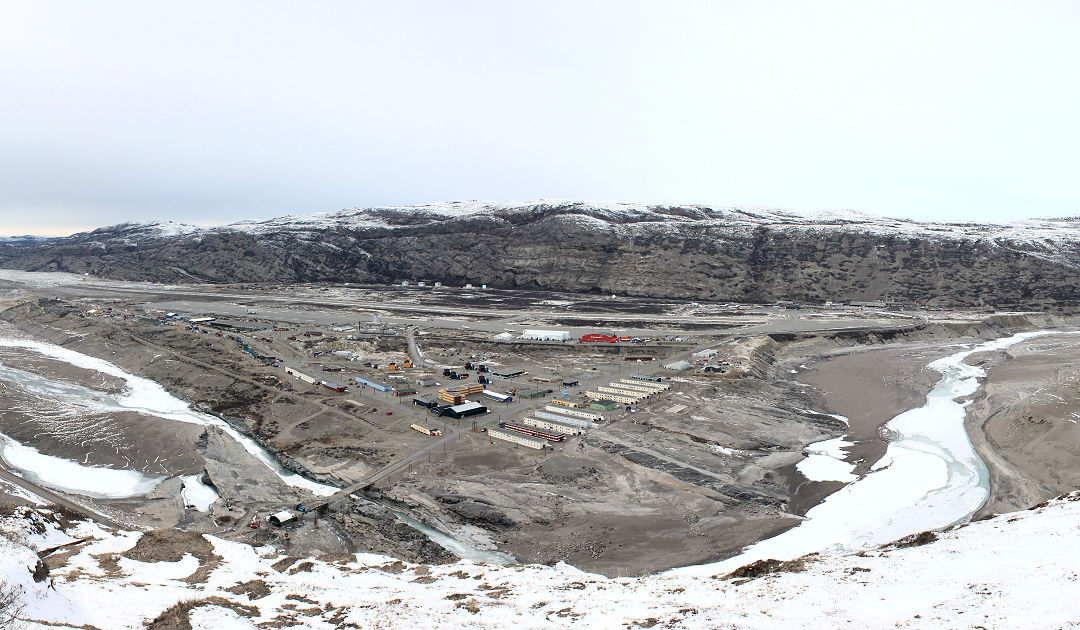
The future of Greenland’s largest airport and its community is still unclear, but there are lights on the horizon.
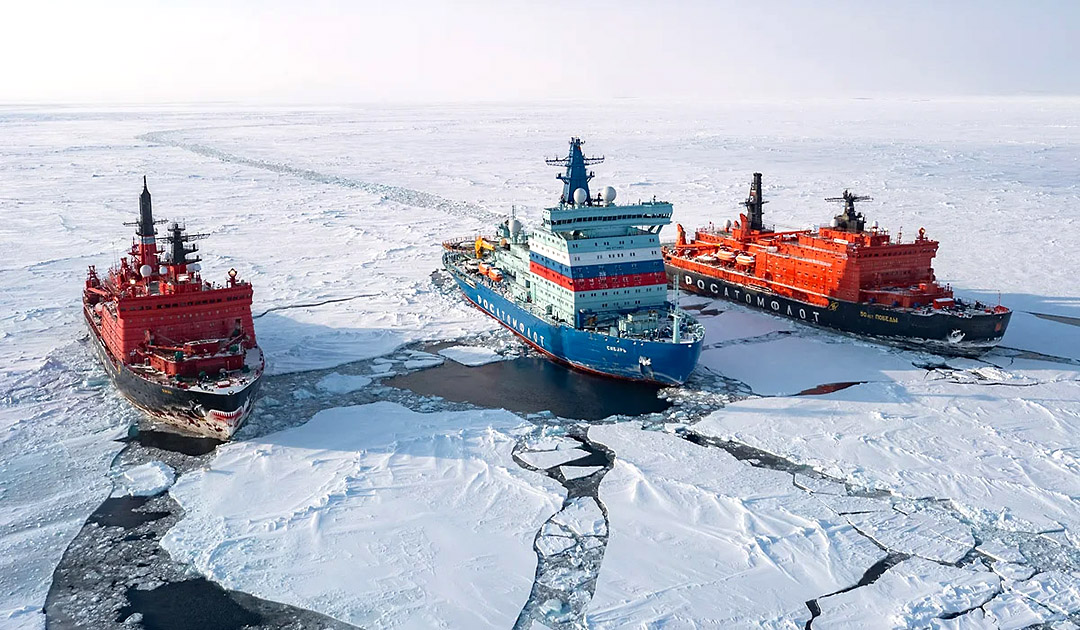
Sanctions have prohibited the import of Russian oil from the Arctic to the EU area. Now China and India are jumping into the gap, but this means more difficult transports.

Despite Europe’s desire to wean itself off Russian gas, a report shows that this addiction has shifted from pipelines to maritime transport of LNG, especially for France.

In Russia, fishing and ice fishing are one of the most populat spare-time activities. Now a new activity could soon join them – gold mining.
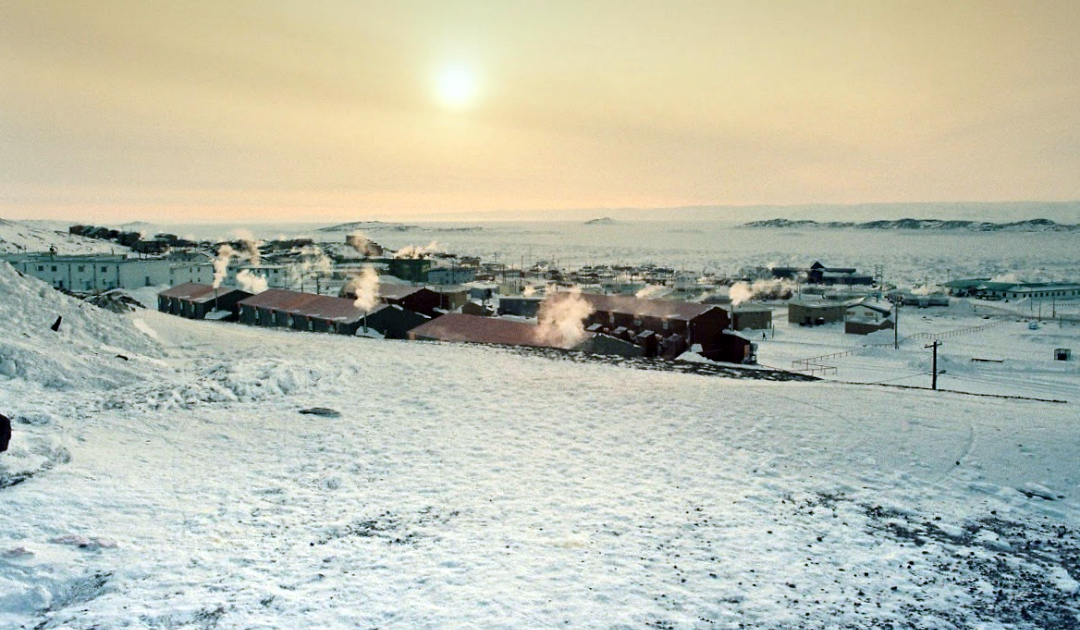
Last Monday, the Canadian government and the federal states were reminded of the objectives of the telecommunications network development strategy by the Office of the Auditor General of Canada.